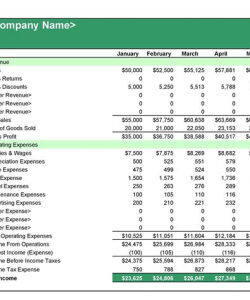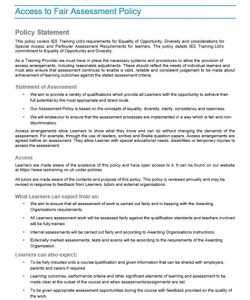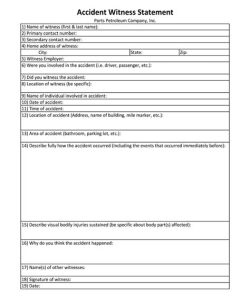An author statement is a brief summary of your research interests and expertise. It is often used in academic applications, such as grant proposals and job applications. An author statement can also be used to introduce yourself to potential collaborators or to promote your work to a wider audience.
There is no one-size-fits-all approach to writing an author statement. However, there are some general tips that you can follow. First, keep it brief. An author statement should be no more than a few paragraphs long. Second, be clear and concise. Use simple language that is easy to understand. Third, be specific. Don’t just list your research interests; explain what you have accomplished in your research and what you hope to achieve in the future. Finally, be professional. An author statement is a reflection of your work, so make sure it is well-written and free of errors.
If you are struggling to write an author statement, there are a number of resources available to help you. You can find templates online or consult with a writing center at your university. You can also ask a colleague or mentor to review your author statement and provide feedback.
What to Include in an Author Statement
An author statement typically includes the following information:
- Your name and affiliation
- A brief overview of your research interests and expertise
- A summary of your most significant accomplishments
- Your future research goals
- A statement of your commitment to diversity and inclusion
You may also want to include a brief statement of your teaching philosophy or your experience in mentoring students.
How to Write an Effective Author Statement
To write an effective author statement, follow these tips:
- Be clear and concise. An author statement should be no more than a few paragraphs long. Use simple language that is easy to understand.
- Be specific. Don’t just list your research interests; explain what you have accomplished in your research and what you hope to achieve in the future.
- Be professional. An author statement is a reflection of your work, so make sure it is well-written and free of errors.
- Proofread your statement carefully before submitting it. Make sure there are no typos or grammatical errors.
If you are applying for a grant or job, be sure to tailor your author statement to the specific requirements of the opportunity. Highlight your skills and experience that are most relevant to the position.
Conclusion
An author statement is an important tool for promoting your research and advancing your career. By following these tips, you can write an effective author statement that will help you stand out from the competition.
The author statement template word elsevier is a great resource for creating a professional and well-written author statement. The template is easy to use and can be customized to fit your specific needs. Whether you are applying for a grant, a job, or simply want to promote your work to a wider audience, an author statement is a valuable tool that can help you achieve your goals.



